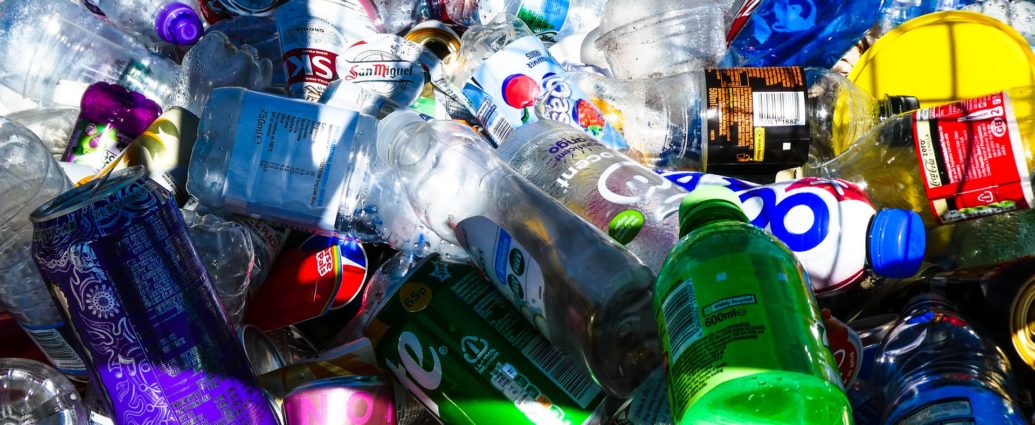The UK is seeing its recycling rates rise, especially in recent years. With its population also on the rise, it is a given. We may be recycling more, but is it enough for the health of our environment? Below, I look at the facts to understand what more needs to be done.
In March 2020, the ‘Department for Environment, Food and Rural Affairs’, DEFRA, released an updated statistical document for UK waste. Section 6.2 on ‘Waste Treatment’ shows us that in two years (2014-2016) the change in total waste being recycled or recovered was up by eight percent. This trend is positive, meeting the EU target of at least 60% recycle/recovery rates.
I spoke to a business developer at a leading UK environmental solutions group and received some real ‘rubbish’ insight. The subject, who asked to remain anonymous, explained:
“Plastic packaging tax is on its way. This means that manufacturers [will] need to ensure thirty percent of their packaging is made from recycled goods.” Hope is given, but the indefinite can’t be taken as a fixed fact. They continue,
“…already banned, single use plastics are still out there due to mixed materials. For example when in a mixed form, foil and laminated plastics cannot be recycled. Packaging should be one material that can be recycled in its entirety.”
Lunch-box Conspiracies
A major contributor to UK waste is packaging. This makes your convenient lunchtime pack-up offensive. Single-use confectionery packets are a mould of different plastics, rendering many of the big names in food production responsible for a major failing in processes of waste and recycling. Cadbury, Pringles and Babybel have been named some of the worst culprits for this type of non-recyclable packaging. The BBC questioned the brands and Cadbury failed to respond; perhaps the revamp of their logo design prioritised sustainable movement.
Pringles, owned by Kellogg, are voluntarily testing a new recyclable tube design, but some conspire against it being enough. In its favour Pringles, alongside Babybel, are supported by the TerraCycle program; a manufacturer funded project aiming to help us, the general population, collect and recycle our hard-to-recycle waste. Similarly to the environmental solutions group, TerraCycle is a worldwide group, differing in that it focuses wholly on what you can recycle and how you can get involved. To date, the site claims that, “Over 202 million people are collecting in 21 countries and have collected billions of pieces of waste.’’ Individual groups, such as TerraCycle, serve an exceptional purpose to the environment and have some brilliant facts. A lot can be learnt from their website.
But, what more?
We know that individual action survives on each individual member of the public taking control of their recycling and upcycling of waste. If you think back to your scouting (or guiding) days, activities to upcycle cereal boxes and loo rolls started the simple education of sustainability and environmental awareness. Such activities are ‘fun’ and valid, but the process of product packaging has not resulted in change. Many question whether the Government should take control of this; to implement policies actioning sustainable manufacturing.
Sustainable manufacturing has four key dimensions: Human, Economical, Societal and Environmental. Complete the formula for a ‘perfect’ world. We haven’t yet found the perfect balance, however. Major improvement is needed within the human aspect, the only factor controlled by the individual. State action is needed so that the system – the economy and society as a whole – can change, for local authorities to implement rules. Without authoritative decision making, businesses will always opt for familiar quick and cheap production to fulfil growing consumer needs. Consumers have shared their own opinions and urge for something to change.
Getting the Prin-goal going
Our independent source told us this:
“Local authorities should invest and upgrade material recovery facilities, enabling more consistent recycling; research and development regarding safe recycling, or recovery is the way forward.”
The rule book needs improving, waste facilities need a revamp and humankind should continue to recycle wisely. Next time you grab a dairy milk bar remember that there is not just a ‘glass and a half in every one’, but a layer of pollution as a result of every one. The Government has to live up to their all-important status and go that step further to help us help the environment and its future.
Heather Davey
Featured image courtesy of Nick Fewings on Unsplash. Image license found here. No changes were made to this image.

